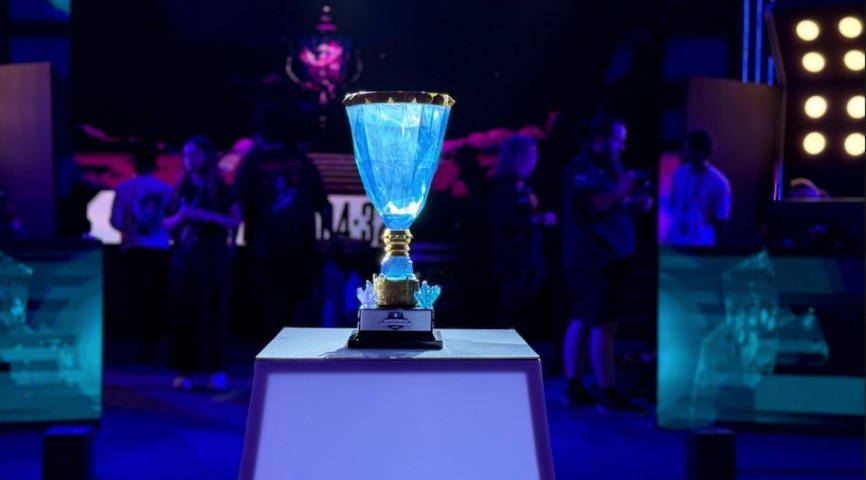Skyesports cited sustainability as the driving force behind these changes, explaining that, despite the downsized plans, their goal remains to host large-scale global competitions while ensuring long-term viability.
This isn’t the first time Skyesports has encountered event-hosting difficulties. In 2024, the Skyesports Masters was forced to move from a LAN setting to an online format due to the logistical challenges posed by the Indian General Election, which made obtaining the necessary permits nearly impossible.
Later that year, the Skyesports Championship was marred by technical failures, leading BetBoom to withdraw from the tournament over unfulfilled commitments.
There is, however, a bit of positive news as the organization announced that they will be going ahead with the Skyesports Souvenir tournament this year. It had previously been officially cancelled in January after lack of communication between valve and Skyesports. “We had applied for an exception to reschedule the Skyesports Souvenir 2025 and introduce wildcard invites. However, despite our efforts, we have not received a response from Valve” they had stated. “Coupled with the current situation surrounding other events and concerns raised by teams about the tournaments potentially becoming unranked, we are left with no choice but to cancel the Skyesports Souvenir 2025”.
The Skyesports Souvenir will now be an Indian-exclusive, open-for-all ranked event, a shift from its previous status before being canceled. The announcement also teased an upcoming tier-two competition later in the year, though details remain undisclosed.
The lone tier-one event in Skyesports’ 2025 calendar will be the Skyesports Masters, scheduled for November 10-16. Eighteen teams will be invited based on their Valve Regional Standings (VRS) rankings, along with two wildcard slots. The four highest-ranked teams will automatically qualify for the main event, while the other sixteen must battle through an online closed qualifier.
This closed qualifier will follow a Swiss-style format, with only four teams advancing to the main event. Once there, the eight final teams will be split into two groups, competing in a league format. The top two teams from each group will then move on to a double-elimination playoff to determine the champion.
CS2 Gambling
CS2 Skin Trading
Rust Gambling
Promo Codes
Online Casinos
Crypto Casinos
CyberSport Feed










![What Are the 7 Cheapest Rust Skins in [year]? What Are the 7 Cheapest Rust Skins in [year]?](/imgs/news_8187/20250409/cache/1744206220_d907ec12798167979171___308_174.jpg)
